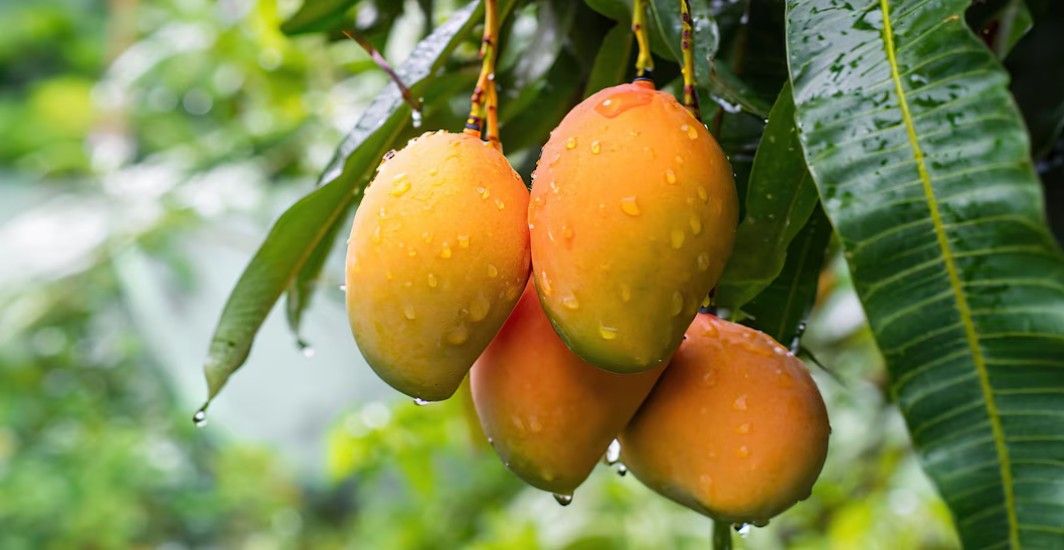Diabetes Management
The Benefits of Flaxseeds for Individuals with Diabetes
2 min read
By https://www.apollo247.com/apollo-super6-program - 29 August 2024
Share this article
0
0 like
.jpg?tr=q-80)
Are you aware that a tiny seed can pack a powerful punch in managing diabetes? Meet flaxseeds, the superfood that's making waves in the health and nutrition world. These seeds are a rich source of fibre and omega-3 fatty acids, offering multiple benefits for individuals grappling with diabetes.
The Power-Packed Nutrition of Flaxseeds
Flaxseeds come with a host of beneficial nutrients. Let us explore these in detail:
- Fibre-Rich: Flaxseeds are an excellent source of both soluble and insoluble fibre. The soluble fibre slows down digestion and carbohydrate absorption, thereby stabilising blood sugar levels - an essential factor in diabetes management.
- Omega-3 Fatty Acids: Alpha-linolenic acid (ALA), a potent omega-3 fatty acid present in flaxseeds, has anti-inflammatory properties that can enhance insulin sensitivity and lower the risk of diabetes-related complications.
- Low Glycaemic Index: Being low-glycaemic foods, flaxseeds cause a slower rise in blood sugar levels compared to high-glycaemic foods, helping maintain stable blood sugar over time.
- Lignans: These plant compounds present in flaxseeds are antioxidants that may reduce oxidative stress and inflammation - factors linked to diabetes complications.
Health-Promoting Effects of Flaxseeds
The impact of flaxseeds extends beyond blood sugar control. They provide a host of benefits, such as:
- Blood Sugar Control: Studies suggest that regular intake of flaxseeds can significantly reduce blood sugar levels in people with type 2 diabetes.
- Weight Management: The high fibre content in flaxseeds provides a feeling of fullness, which helps control appetite and prevent overeating - crucial for managing diabetes.
- Heart Health: The omega-3 fatty acids in flaxseeds support cardiovascular health - a vital aspect for individuals with diabetes who have a higher risk of heart disease.
- Inflammation Reduction: Flaxseeds can help lower inflammation in the body, an important consideration as individuals with diabetes often combat chronic inflammation.
Adding Flaxseeds to Your Diet
Flaxseeds can be easily included in daily meals. Ground flaxseeds can be added to smoothies, yogurt, or oatmeal. Flaxseed oil can be used in salad dressings. Flaxseed meal can replace flour in baking, and flaxseed sprinkles can be used as a topping for salads or popcorn.
Flaxseeds indeed offer several health benefits for individuals with diabetes, aiding in blood sugar control, weight management, and overall health. However, remember to consume these seeds in moderation due to their high calorie content. Alongside a balanced diet, consider enrolling for a personalised support programme like the Apollo Super 6 to further assist in managing your diabetes holistically.
Diabetes Management
Consult Top Diabetologists
View AllLeave Comment
Recommended for you

Diabetes Management
Understanding the Connection between Gut Health and Diabetes
By understanding the intricate connection between our gut microbiome and diabetes, we can take control of diabetes disease. Our gut bacteria have the power to regulate metabolism and insulin sensitivity, and imbalances in these bacteria can lead to obesity and type 2 diabetes. But with ongoing research into the restoration of gut health, we have the potential to prevent and treat diabetes and to take charge of our health.

Diabetes Management
The Role of Mangoes in a Diabetic Diet
If you have diabetes and wonder whether you can enjoy the deliciousness of mangoes, the answer is yes! However, moderation and mindful consumption are key. Understanding the glycemic index of foods, exercising portion control, and being mindful about your meal timings can help keep your blood sugar levels stable. Remember to always consult your doctor before adding any new food to your diet plan.

Diabetes Management
Potatoes & Diabetes: Ways To Consume Potatoes Without Spiking Blood Sugar
Potatoes are a popular and versatile food rich in vitamins and minerals. However, the glycemic index (GI) of potatoes varies depending on the cooking method. Fried potatoes have a high GI score of 95, while boiled potatoes have a low GI score of 50. Besides, sweet potatoes, which have a GI score of 61, are also a safe alternative to consume if you are diagnosed with diabetes.
Subscribe
Sign up for our free Health Library Daily Newsletter
Get doctor-approved health tips, news, and more.
Visual Stories

8 Fruits That are Incredibly Healthy for Diabetes
Tap to continue exploring
Recommended for you

Diabetes Management
Understanding the Connection between Gut Health and Diabetes
By understanding the intricate connection between our gut microbiome and diabetes, we can take control of diabetes disease. Our gut bacteria have the power to regulate metabolism and insulin sensitivity, and imbalances in these bacteria can lead to obesity and type 2 diabetes. But with ongoing research into the restoration of gut health, we have the potential to prevent and treat diabetes and to take charge of our health.

Diabetes Management
The Role of Mangoes in a Diabetic Diet
If you have diabetes and wonder whether you can enjoy the deliciousness of mangoes, the answer is yes! However, moderation and mindful consumption are key. Understanding the glycemic index of foods, exercising portion control, and being mindful about your meal timings can help keep your blood sugar levels stable. Remember to always consult your doctor before adding any new food to your diet plan.

Diabetes Management
Potatoes & Diabetes: Ways To Consume Potatoes Without Spiking Blood Sugar
Potatoes are a popular and versatile food rich in vitamins and minerals. However, the glycemic index (GI) of potatoes varies depending on the cooking method. Fried potatoes have a high GI score of 95, while boiled potatoes have a low GI score of 50. Besides, sweet potatoes, which have a GI score of 61, are also a safe alternative to consume if you are diagnosed with diabetes.
